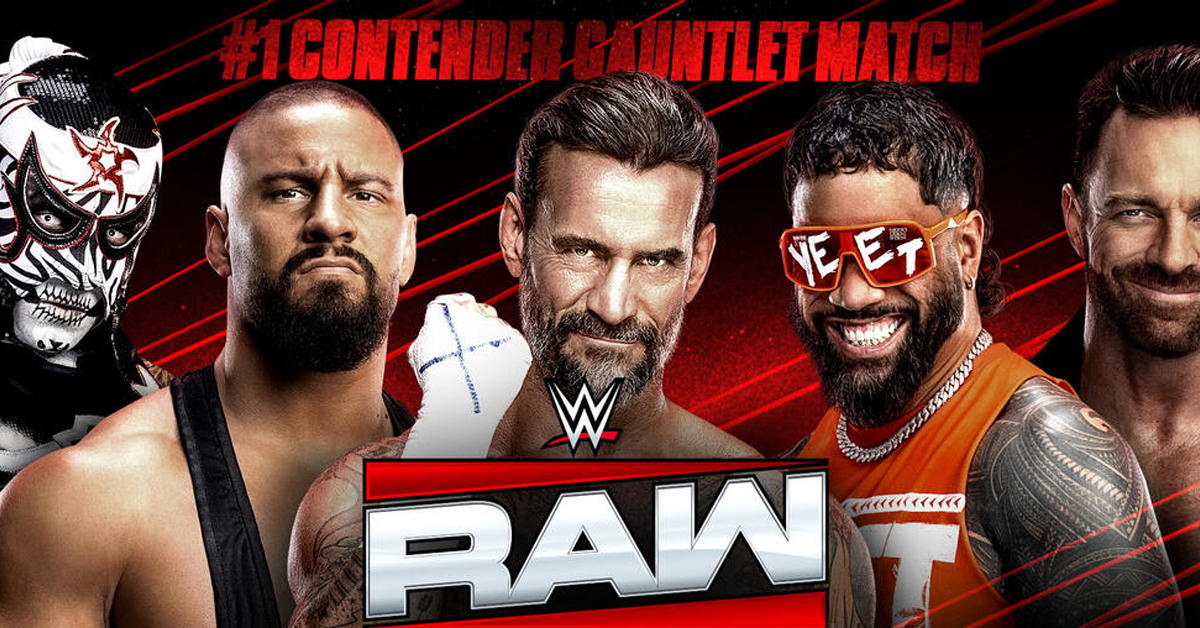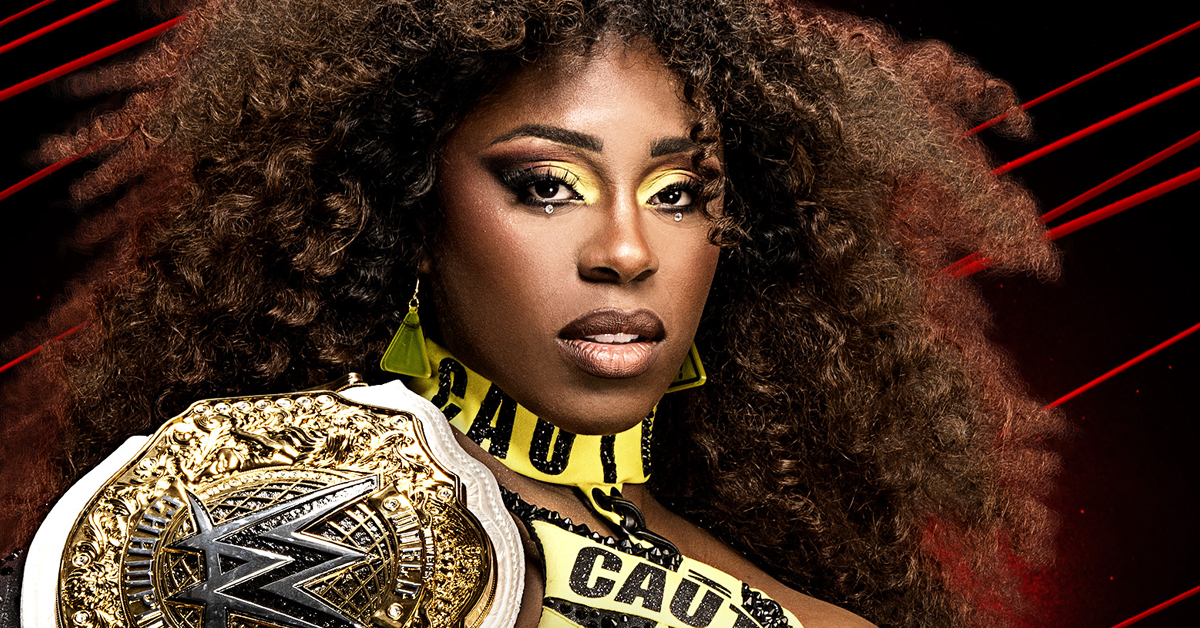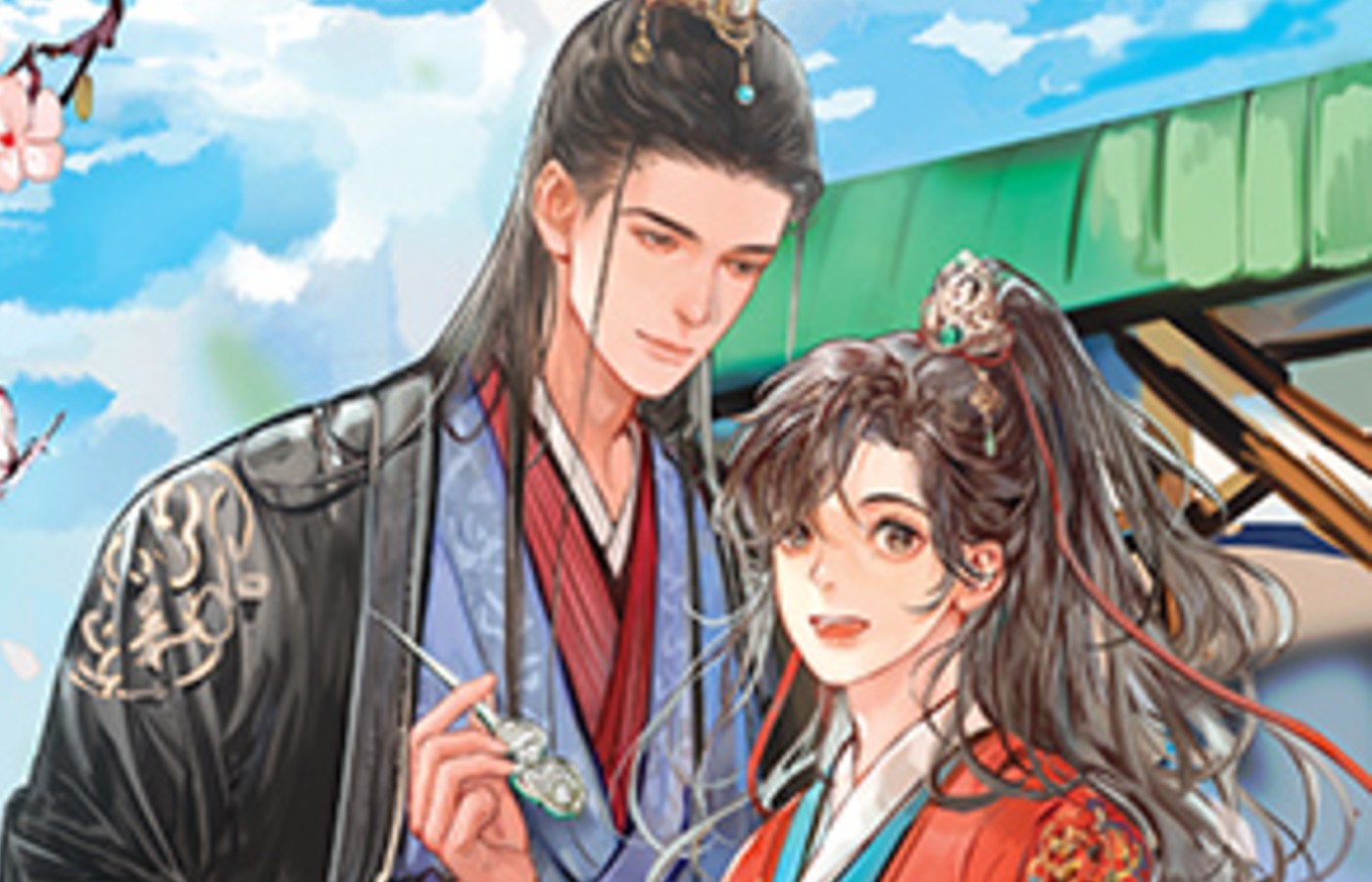New Street Fighter Movie Adds Indian Action Star Vidyut Jammwal in the Perfect Role

According to Deadline’s report, it was announced that actor Jammwal is set to play Dhalsim in an upcoming film, further strengthening the movie’s star-studded cast. This marks Jammwal’s first foray into Hollywood, as he carefully chose this project to make his entrance into the U.S. market.





